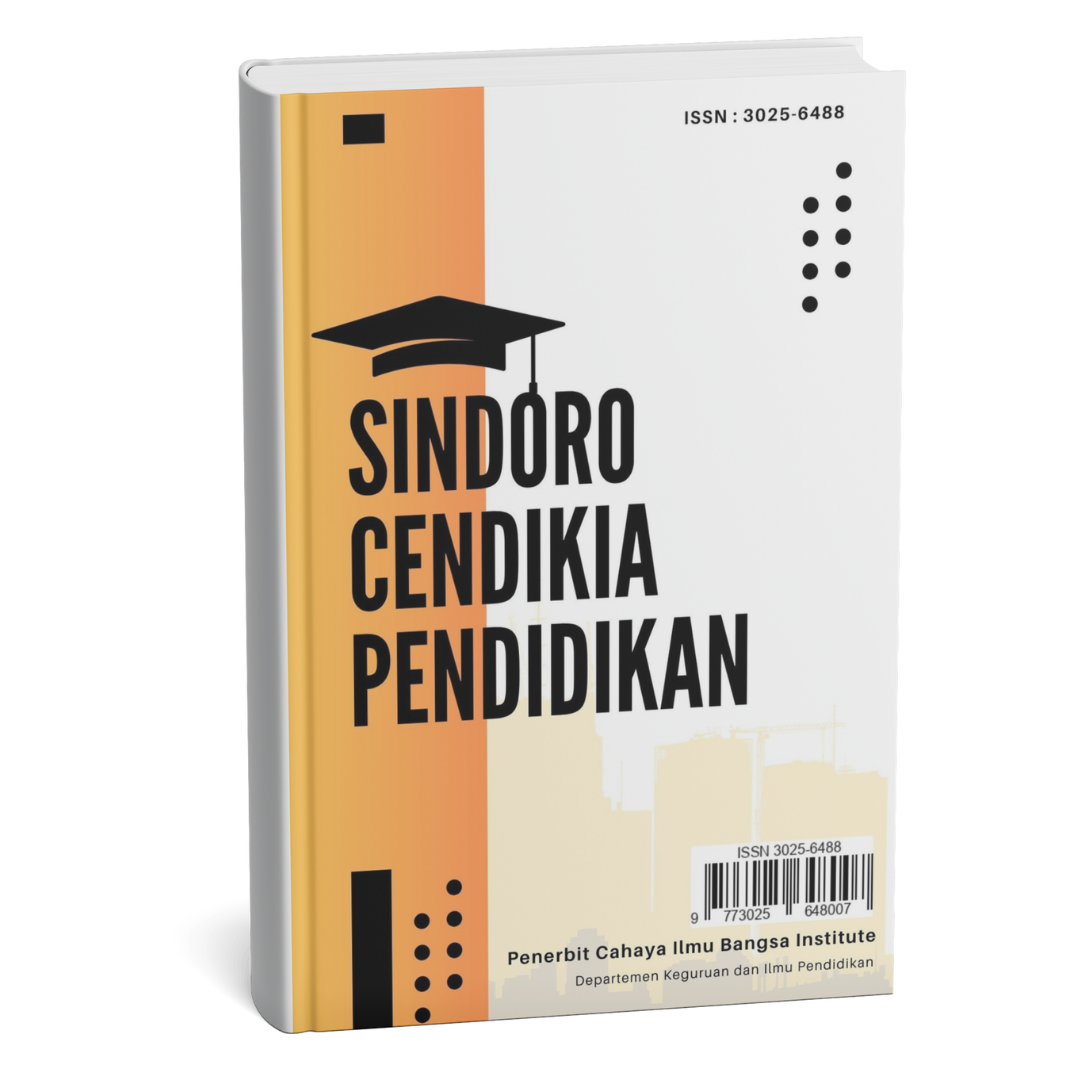THE EFFECTIVENESS OF KAHOOT! IN ENGLISH VOCABULARY MASTERY AMONG SECOND SEMESTER STUDENTS AT UNIVERSITAS BHINNEKA PGRI TULUNGAGUNG IN THE ACADEMIC
Main Article Content
Abstract
Penelitian ini bertujuan untuk mengkaji efektivitas penggunaan Kahoot! sebagai platform pembelajaran digital dalam meningkatkan penguasaan kosakata bahasa Inggris mahasiswa. Penelitian dilakukan pada mahasiswa semester dua di Universitas Bhinneka PGRI Tulungagung tahun ajaran 2024/2025. Pendekatan yang digunakan adalah kuantitatif dengan desain pretest-posttest satu kelompok yang melibatkan 15 peserta. Data dikumpulkan melalui tes kosakata dan angket mahasiswa. Hasil penelitian menunjukkan adanya peningkatan signifikan dalam penguasaan kosakata setelah penggunaan Kahoot!, yang terlihat dari peningkatan skor posttest secara nyata. Analisis statistik menggunakan uji sampel berpasangan menunjukkan perbedaan yang signifikan. Selain itu, respon mahasiswa terhadap penggunaan Kahoot! sangat positif, karena meningkatkan keterlibatan, kesenangan, dan motivasi dalam proses belajar. Berdasarkan temuan tersebut, dapat disimpulkan bahwa Kahoot! merupakan media yang efektif dalam membantu penguasaan kosakata dalam pembelajaran bahasa Inggris.
This research investigates the effectiveness of Kahoot! as a digital learning platform to enhance students’ vocabulary mastery. The study was conducted among second-semester students at Universitas Bhinneka PGRI Tulungagung during the academic year 2024/2025. A quantitative approach with a one-group pretest- posttest design was employed, involving 15 participants. Data were collected through vocabulary tests and student questionnaires. The results indicated a significant improvement in students’ vocabulary achievement after using Kahoot!, with a noticeable increase in posttest scores. Statistical analysis through a paired sample t-test confirmed that the difference was significant. Additionally, student responses showed positive perceptions toward the use of Kahoot! in the classroom, highlighting increased engagement, enjoyment, and motivation. Based on the findings, it can be concluded that Kahoot! is an effective tool for improving vocabulary mastery in English language learning.
Article Details
Section
This work is licensed under a Creative Commons Attribution-ShareAlike 4.0 International License.
How to Cite
References
Ary, D., Jacobs, L. C., Irvine, C. K. S., & Walker, D. (2010). Introduction to research in education (8th ed.). Wadsworth Cengage Learning.
Cameron, L. (2001). Teaching languages to young learners. Cambridge University Press.
Creswell, J. W. (2012). Educational research: Planning, conducting, and evaluating quantitative and qualitative research (4th ed.). Pearson.
Daniels, H. (2016). Vygotsky and pedagogy (2nd ed.). Routledge.
Gee, J. P. (2007). What video games have to teach us about learning and literacy (2nd ed.). Palgrave Macmillan.
Gay, L. R., Mills, G. E., & Airasian, P. W. (2012). Educational research: Competencies for analysis and applications (10th ed.). Pearson.
Hiebert, E. H., & Kamil, M. L. (2005). Teaching and learning vocabulary: Bringing research to practice. Lawrence Erlbaum Associates.
Hwang, G. J., & Chen, C. H. (2017). Influence of an inquiry-based mobile learning model on students’ learning achievements and cognitive load in social studies. Educational Technology & Society, 20(1), 114–125.
Kartini, D. (2021). The use of Kahoot! to improve students’ vocabulary mastery. Journal of English Education and Linguistics Studies, 8(2), 123–134.
Erwin, M. (2022). The impact of Kahoot! on vocabulary retention. International Journal of Language Education, 6(1), 89–98.
Mursid, R., Fatimah, & Sari, N. (2019). The effect of using Kahoot! in teaching vocabulary. Lingua Pedagogia: Journal of English Teaching Studies, 1(2), 75–83.
Nation, I. S. P. (2001). Learning vocabulary in another language. Cambridge University Press.
Rachmawati, D. (2023). Kahoot! as a media for vocabulary learning in EFL classrooms. Jurnal Pendidikan Bahasa dan Sastra, 13(1), 15–24.
Schmitt, N. (2000). Vocabulary in language teaching. Cambridge University Press.
Schunk, D. H. (2012). Learning theories: An educational perspective (6th ed.). Pearson.
Sutrisno, E. (2021). The effectiveness of using Kahoot! in teaching vocabulary to university students. JELLT: Journal of English Language and Language Teaching, 5(1), 45–54.
Surendeleg, G., Murwa, V., Yun, H. K., & Kim, Y. S. (2019). The role of gamification in enhancing student learning. International Journal of Emerging Technologies in Learning, 14(1), 1–14.
Thornbury, S. (2002). How to teach vocabulary. Pearson Education.
Vygotsky, L. S. (1978). Mind in society: The development of higher psychological processes. Harvard University Press.
Wang, A. I., & Tahir, R. (2020). The effect of using Kahoot! for learning: A literature review. Computers & Education, 149, 103818. https://doi.org/10.1016/j.compedu.2020.103818
Zainuddin, Z., & Perera, C. J. (2020). Exploring students’ learning experiences in online Kahoot! quizzes. Research and Practice in Technology Enhanced Learning, 15, 1–23.
Zhang, J., Wang, Y., & Xu, L. (2018). Using Kahoot! to facilitate vocabulary learning in English classrooms. Journal of Education and Learning, 7(3), 55–62.

